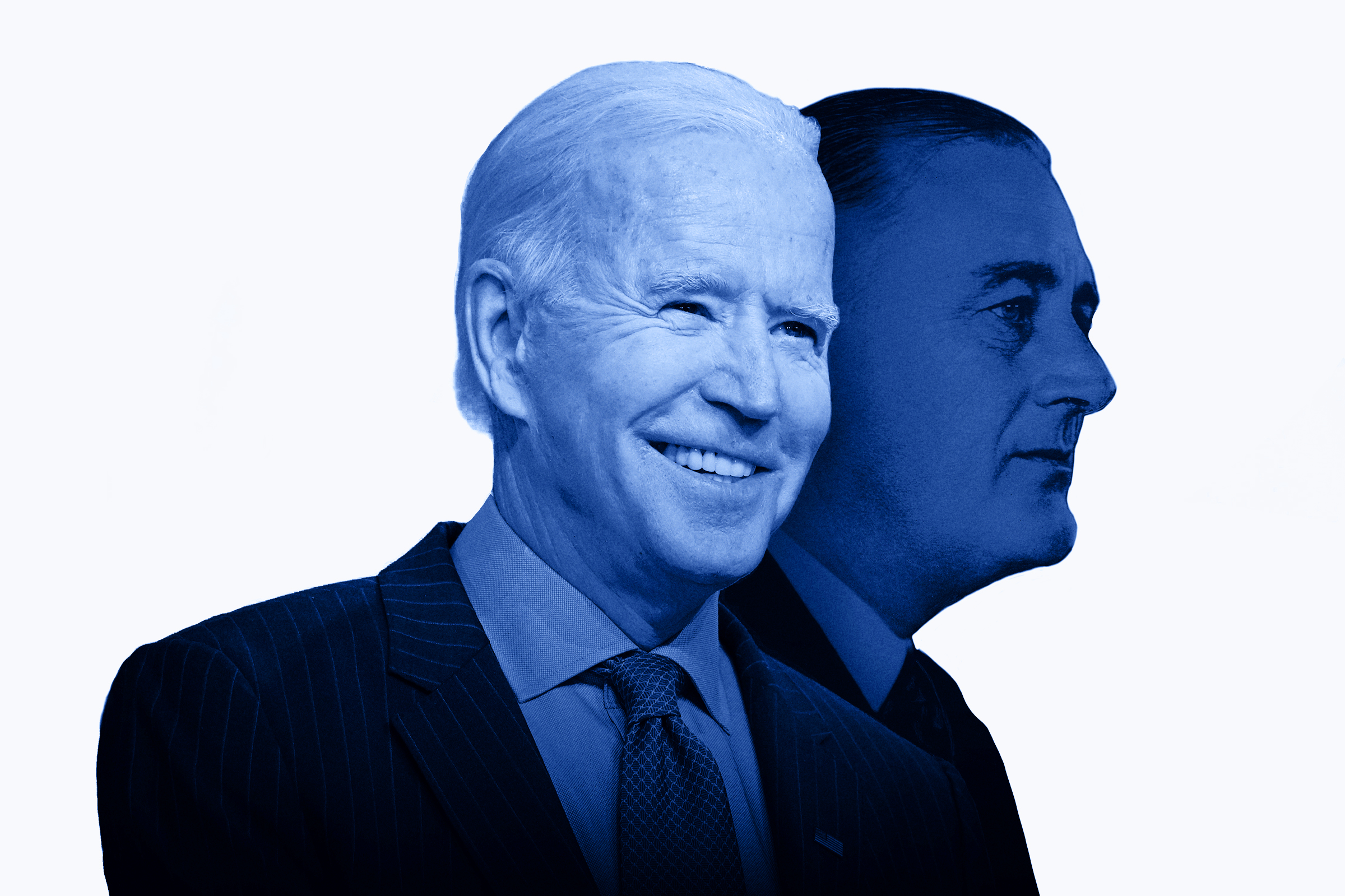Necessary Conditions for a Successful US-China Alaska Meeting
Some observers in the U.S. have analyzed that Washington has fully communicated with its allies and consolidated its alliance system, and therefore the U.S. would be interacting with Beijing from a position of strength. The U.S. has even released such a message: It hopes that China will create change on issues that concern the U.S.; otherwise, the dialogue will not have tangible outcomes and following dialogues will be meaningless.
It must be pointed out that both sides' intent is indispensable for this meeting to be held. China has emphasized its long-term commitment to strengthening China-U.S. engagements, and such an attitude has formed a convergence with the U.S.'s current needs to construct its China policy, leading to the Alaska meeting.
The U.S. should abandon the mentality that it has a particular advantage in this dialogue. Mutual respect will be more conducive to reaching fruitful outcomes in the meeting.
The U.S. has continuously emphasized the strength of its alliance system, but it has exaggerated this factor. China doesn't have disputes with U.S. allies so serious that they have to resort to severe conflicts to reach a settlement. The differences between China and U.S. allies are determined by the world's diversity, and both sides are willing and able to manage these differences. Allies of Washington are more motivated to cooperate with Beijing than to contain China alongside the U.S. As a result, if the U.S. wants to frighten China with its alliance system, it will be unsuccessful.
To ask China to change its policies pertaining to Xinjiang governance and stabilizing Hong Kong amounts to interference in China's internal affairs and cannot be accepted by Chinese society as a whole. Any exchange of ideas at any time over these issues is only a form of communication to help the U.S. understand the truth and stop misunderstandings and misjudgment.
China and the U.S. are both major powers. Trying to change each other, especially through pressure, is dangerous. It is reasonable that China and the U.S. should accept their differences. The purpose of engagement should be to manage these differences, seek common interests and promote cooperation when possible for both sides. Through these efforts, the two countries should create a framework for China-U.S. relations that features coexistence and non-confrontation, allows for time to smooth over differences between the two countries, eases conflicts and ensures that China-U.S. competition is conducted in a peaceful manner.
Discussing mutual strategic interests can be difficult at a time when some Americans still have a zero-sum mentality, but competing in a peaceful and regulated way is probably the biggest common denominator between China and the U.S. It cannot be the future of China-U.S. relations that one side dominates communication and sets the questions, while the other answers.
We feel that the U.S. still does not understand China, and it has misread the nature of China's system and goal of rejuvenation. The U.S. has given what is happening in China and frictions with its neighbors over border issues a high and illusory external directive. In addition, the traditional culture and the historical experience of the U.S. do not support the vision of "win-win" competition among great powers. Washington is too accustomed to giving orders; it should get used to listening, not refuse to try to solve fundamental problems in a compromising and mutually beneficial way.


